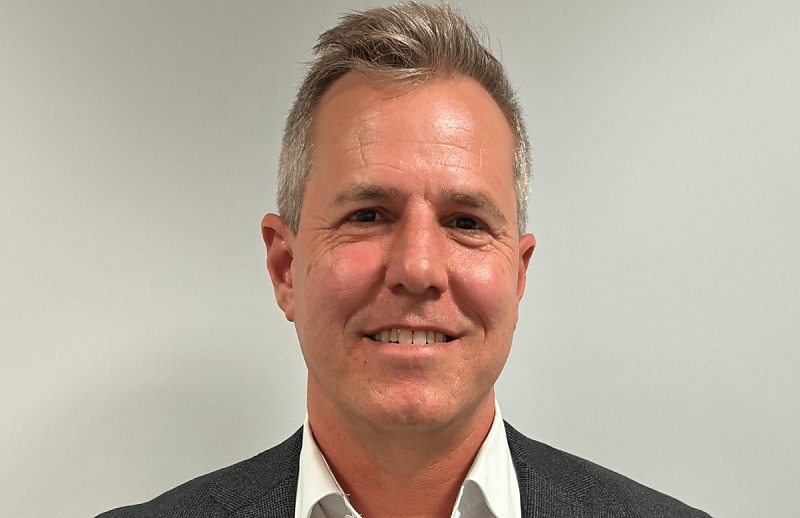Many employers miss out on highly skilled accountants because they fail to recognise overseas qualifications and experience, according to recruitment firm Slade.
Accounting and finance practice lead Barry Hodson said many employers waited for candidates with local qualifications rather than examining whether a qualification gained abroad was appropriate.
You’re out of free articles for this month
This resulted in the finance and managerial skills of many migrants “going to waste” at a time when the country needed accountants.
“This obviously has both cost and capacity ramifications for the business and team,” said Mr Hodson. “This is a pattern we are seeing in numerous sectors, not just accounting and finance.”
“With regards to candidates lacking local experience there are occasionally genuine reasons why it is required, but when it comes to accounting it would be relatively straightforward for the person to get up to scratch with local regulations and tax requirements.”
One of the firm’s long-term clients, Johan Meyer, the chief executive of Multimedia Technology, was familiar with the roadblocks migrants face when job searching after migrating from South Africa to Australia in 2008.
After leaving his job as the financial controller for one of South Africa's largest casinos and hotels, it took Mr Meyer around three months to find employment working with a consultant who assisted expats in emigrating to Australia.
“Had it not been for the significant skills shortage at the time prior to the financial crisis of 2008, it would have been even more difficult,” said Mr Meyer.
“The only businesses open to interviewing me were the multinational accounting firms that employed short-term skilled workers for the busy season. The feedback I received from the consultant was that Australian experience was needed to secure financial controller roles.”
After working for six months as an assistant audit manager, a role below his skillset, Mr Meyer’s career trajectory started tracking upwards and after another six months he was offered a financial controller role.
After four years Mr Meyer took a CFO role at a multinational architectural firm headquartered in Melbourne. He was then promoted to CEO before being offered a CEO role at Multimedia Technology, which he still holds.
Mr Meyer urged hiring managers and employers to give equal opportunity to skilled migrants, who brought valuable global experience and networks.
“Migrants are generally more resilient to changes in the workplace and bring diversity to the table,” he said.
“And because Australia is such a wonderful place to live, migrants are generally very grateful for the opportunity. As such, they bring a positive energy to the work environment which leads to better outcomes.”
Mr Meyer also called on industry bodies to play a bigger role in promoting their reciprocal arrangements with other bodies from around the world.
Robert Derman, the chief financial officer at Bevilles Jewellers, also experienced a career setback after he moved to Australia in 2004.
“I initially worked on a few short-term contracts for six months doing transactional and more junior accounting work,” he said. “After that I spent a few years back in chartered accountancy firms, which is where I gained my initial training overseas, as it was a good way of gaining Australian experience.”
It took Mr Derman eight years to gain a job equal to or better than the one he held overseas.
“I was a finance manager before moving here but due to the lack of local experience I needed to take a step back for a number of years to gain that Australian experience before being able to apply for similar roles,” he said.
Mr Hodson said with certain skills becoming scarcer locally, and the migrant population continuing to grow, employers needed to think more broadly.
“Many of our current workforce, including many in leadership roles, have had to face these challenges themselves in the past and I generally find these people are more inclined to give someone the opportunity,” he said.
“So, employers need to be more confident in the quality of both a candidate’s qualification and experience and have an open mind. Do your due diligence around background checks to mitigate risk, understand there may be some need for development, and you should find you acquire a dedicated, committed, loyal and skilled employee for the long term.”

 Login
Login






